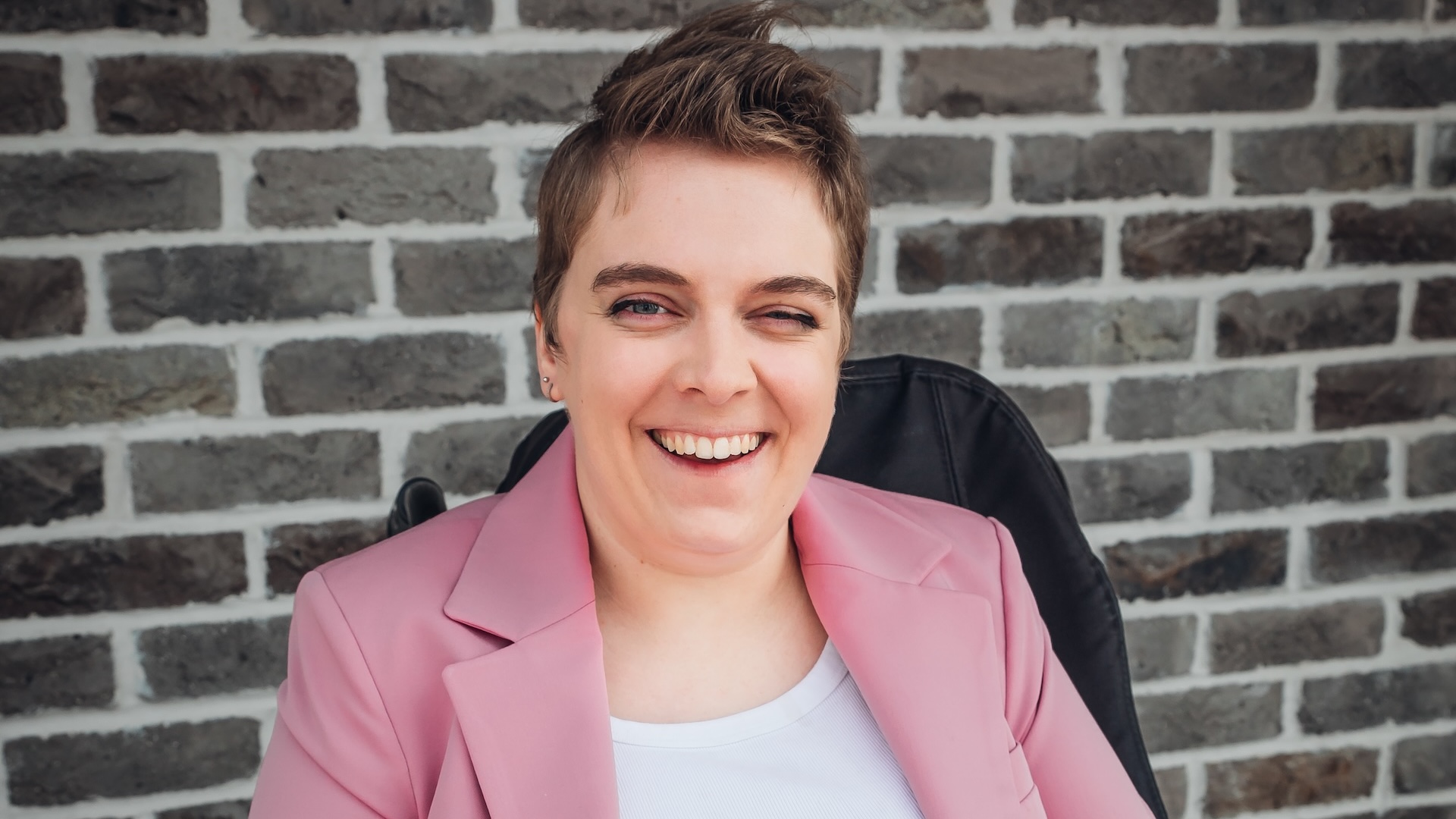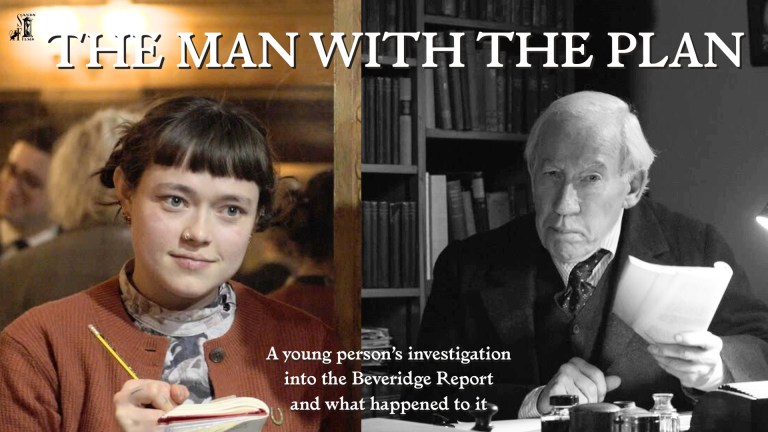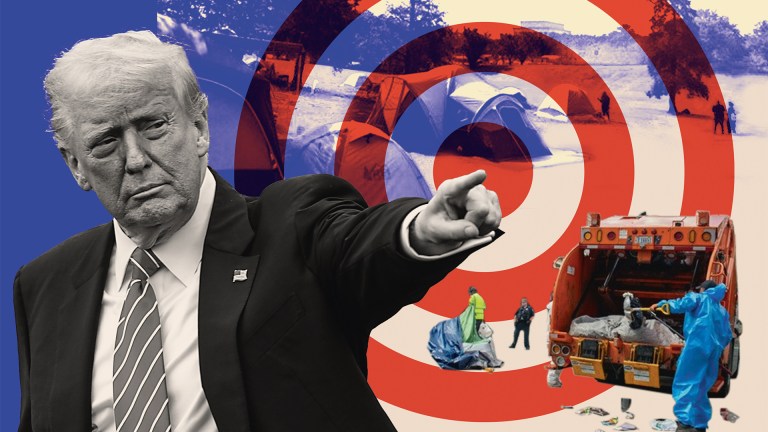Desexualisation is the most profound way in which my womanhood is denied. It’s quite an odd experience to be in your twenties and treated like a sexless automaton, a core part of yourself stripped away. I am assumed to be either completely uninterested in or actually incapable of having sex (neither of these are true), often by people who are otherwise comfortable with disability.
I have been desexualised for so long and so often that it is actually hard to pick out specific moments that can adequately convey the strength of this messaging, but nevertheless a few spring to mind: someone at school asking me if I really needed to go to our sex ed lesson.
Friends cutting short conversations about university one-night stands when I joined the chat. The GP who assumed I wanted to go on the pill just to control my periods (I was twenty). The countless times someone on a dating app has told me they won’t date disabled women because they ‘like sex’ and we, apparently, don’t.
Read more:
- Growing number of disabled people turning to sex work amid benefit cuts and rising living costs
- Disability and poor health drives number of young people not in work or education to almost a million
- People with learning disabilities are dying 20 years early, report finds: ‘They deserve better’
Because people think my body is ‘sexless’, they feel able to treat it as public property, as an oddity to be explored. Not only do they feel entitled to ask about it – including its sexual capacities – they often feel entitled to touch me, in ways that can be gross or invasive or even scary. Often, it’s a hand left too long on my arm, or a creepy stroke of my face, but not infrequently it’s a hand on my knee or, worse, my lap.
To me, because I conceive of myself as a sexual being, this obviously feels frighteningly sexual, but what’s really horrifying is that they don’t see it like that at all. When a friend screamed at a man in a pub in Dublin for having his hand on my thigh, he was almost as appalled by the idea he looked like he was hitting on me as I was by the invasion.





